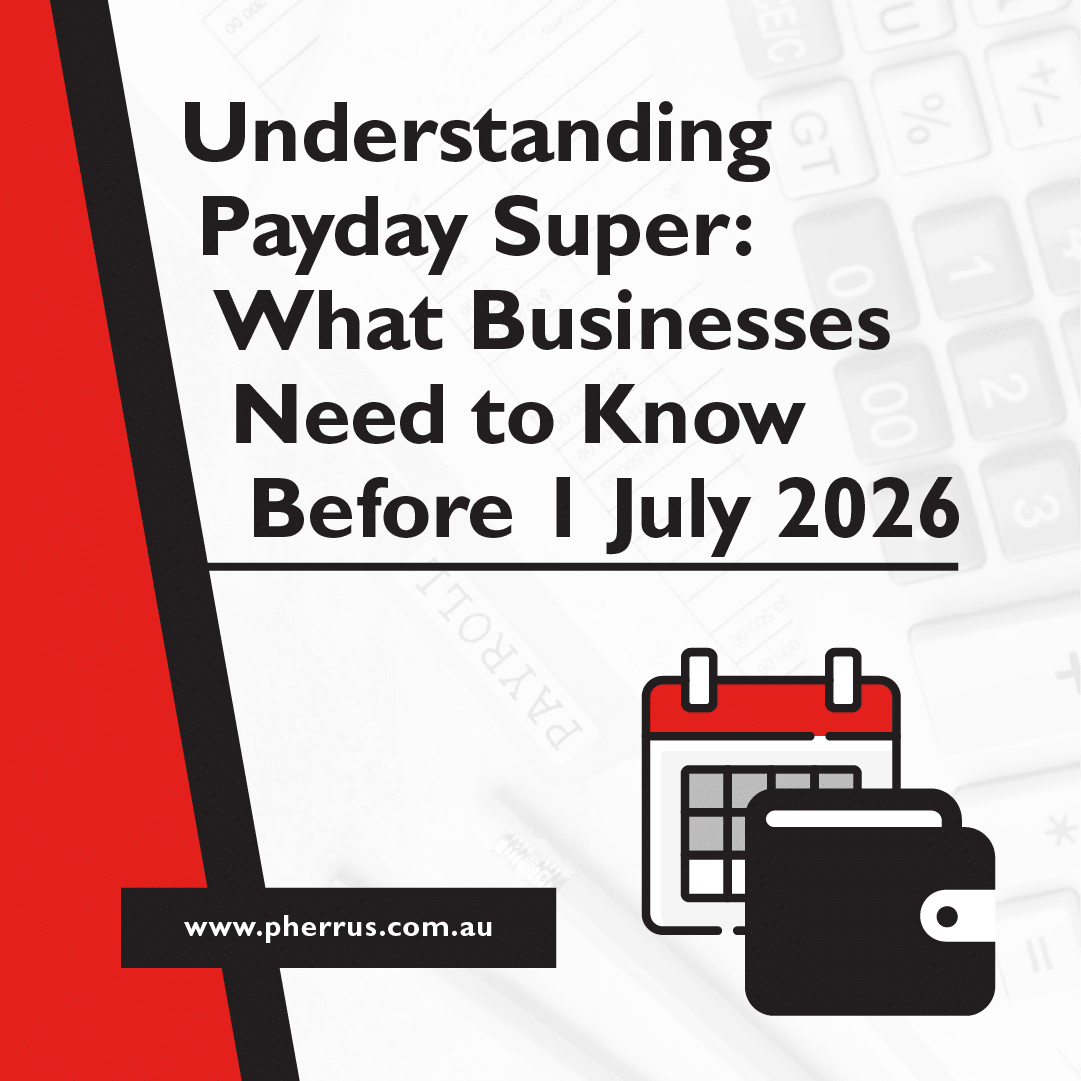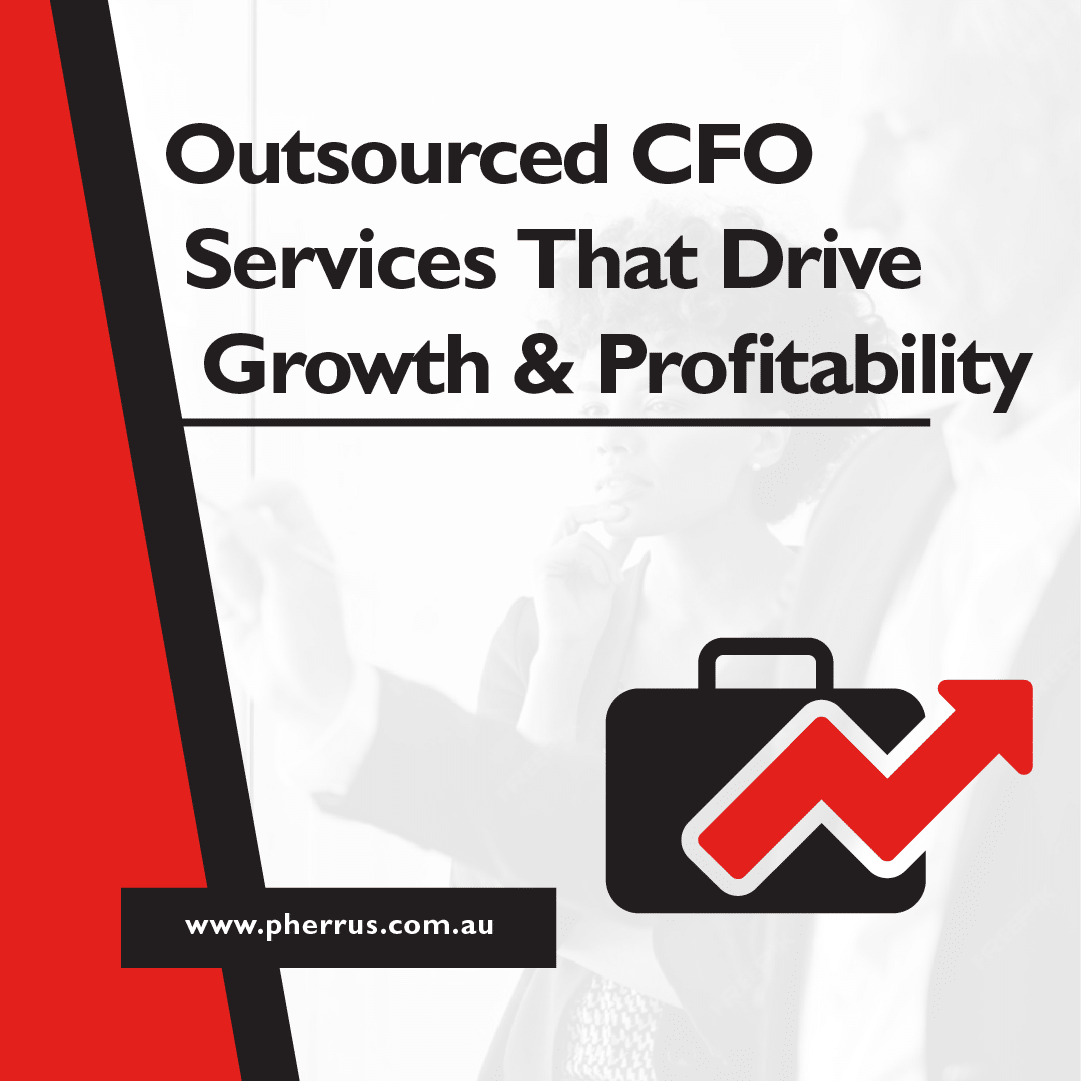With the social distancing and shut-down measures that have been imposed in order to combat the spread of Covid-19, many businesses are really feeling the financial pressure. In order to enable as many enterprises as possible to survive, and even thrive, during and after the current wave of Covid-19 restrictions, the government has put together a package of economic stimulus measures. Among these is the Jobkeeper payment scheme. The Jobkeeper payment is a fortnightly grant that can be paid to both employees and non-employees who are active in a business. Here we consider in more detail the Jobkeeper payment as it applies to non-employees.
What is the Jobkeeper payment?
The Jobkeeper payment is a payment of up to $1,500 per fortnight for eligible individuals. Payments can be applied for from 1st March 2020, on a fortnightly basis. Businesses that have one or more eligible individuals performing activities on their behalf need to submit an application – it is the job of the business rather than the individuals to apply.
Who is eligible for the Jobkeeper payment?
For non-employees, the Jobkeeper payment is available for individuals who are “actively engaged in the business”, but who aren’t employees. These individuals may include: sole traders; business partners; trust beneficiaries (16+); directors; shareholders. Persons who are active in not-for-profit organisations or public sector organisations are not eligible: the business needs to be a private sector business. Eligible individuals must also be sixteen or over and Australian residents (as of March 1st 2020).
What criteria do businesses need to satisfy to claim?
The main thing a business needs to demonstrate is that it has suffered financial loss due to the pandemic. For smaller businesses (less than $1 billion turnover), a 30% reduction in turnover as against last year’s figures for the same period needs to be demonstrated. Businesses also need to have an ABN and to have either completed a tax return for 2018/19 or have other evidence to show that they have been trading. ATO have the full guidance available.
How to apply
Applicants need to make sure that they have the relevant financial data to hand before applying, as well as ensuring that eligible individuals have completed the appropriate “nomination notice”. There are various additional exemptions and criteria which need to be taken into consideration: if you’re not sure quite what’s needed, we can help.
Pherrus Financial Services is an experienced accounting firm that’s here to help. If you need advice on any aspect of the Covid-19 financial stimulus measures which the government has put in place, please get in touch. We can also assist with tax matters, financial planning and crisis management during the current pandemic. All business is currently conducted remotely for your safety and convenience.




